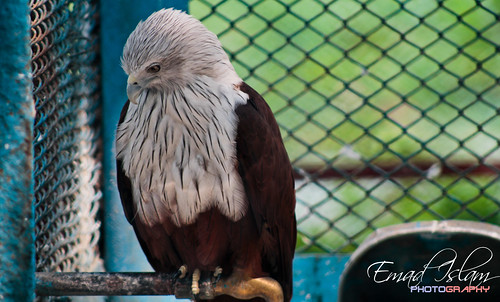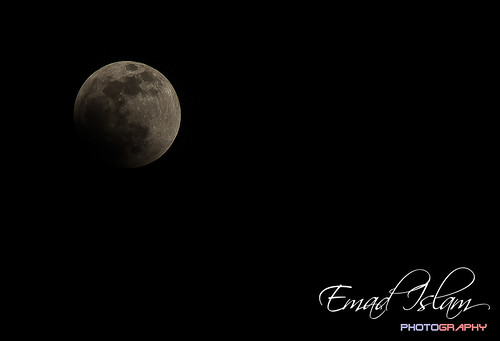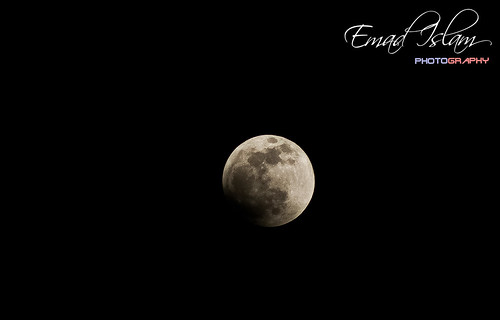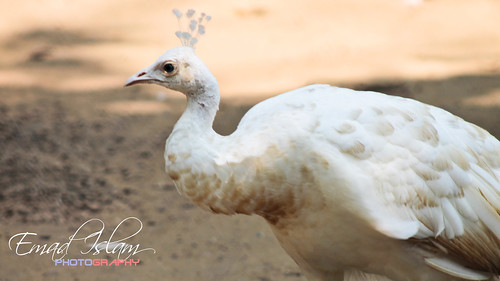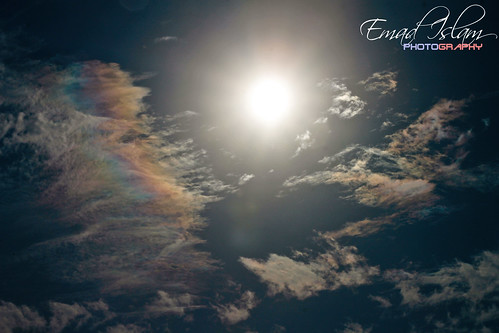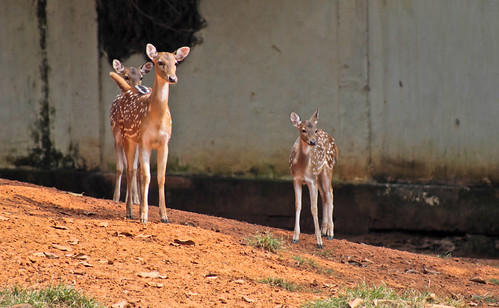I feel displaced in my kingdom of disgrace
And I feel shamefaced for the sin I know I can't replace
And I can't help but feeling a little low down
Or should it be the other way around
It seems my smile appears upside-down
I guess then it's called a frown
I'm falling down, broken my crown
I feel like a king who's lost everything
I'm falling down, down to the ground
Will you catch me, because I'm falling
I'm falling down
I'm all alone, trying to survive on my own
And I need a light, to guide me when I walk through this life
Perhaps even give me eternal life
And he'll have a beautiful kingdom
And I'll live with him and his son
And I feel shamefaced for the sin I know I can't replace
And I can't help but feeling a little low down
Or should it be the other way around
It seems my smile appears upside-down
I guess then it's called a frown
I'm falling down, broken my crown
I feel like a king who's lost everything
I'm falling down, down to the ground
Will you catch me, because I'm falling
I'm falling down
I'm all alone, trying to survive on my own
And I need a light, to guide me when I walk through this life
Perhaps even give me eternal life
And he'll have a beautiful kingdom
And I'll live with him and his son
